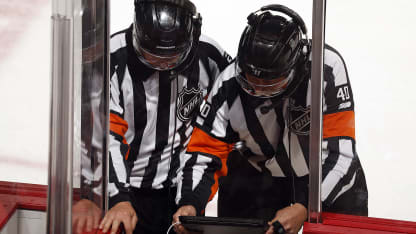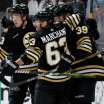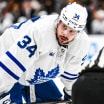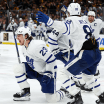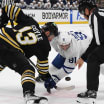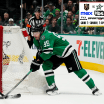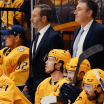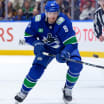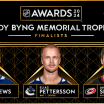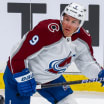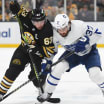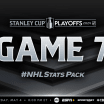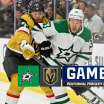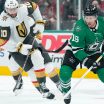The conversation for these two days also centered on fights that occur immediately after a clean body check. It's a growing concern for the GMs, but at this point they do not feel a rule change is necessary because the officials have the ability to call the instigator penalty.
Players assessed the instigator penalty get 17 minutes in penalties; a two-minute minor, five-minute major and a 10-minute misconduct. A three-time offender in a season will be assessed a minimum one-game suspension.
"I think the instigator is working," Ottawa Senators GM Pierre Dorion said. "We talked about it inside the room about maybe just calling the instigator more. There's a reluctancy to take a player off the ice for 17 minutes, but sometimes those consequences would make it so there would be less fighting and just let the players hit in a legal manner."
Of the 271 fights in the NHL this season entering this week, 100 were a result of defending a teammate after a hit. Of those 100, 89 were fights following a clean hit. The instigator penalty had been called 21 times.
There are times when a player going into fight is called for roughing, slashing or unsportsmanlike conduct instead of instigating before a fight. Campbell said that happens when the player who lays the clean body check immediately drops the gloves because he knows he's going to have to defend himself. It's harder to call the instigator in that instance.
"It's a real tough one to discuss because if there's a clean hit against anyone on your team and your team doesn't do anything about it, you get heavily criticized for it," Toronto Maple Leafs GM Kyle Dubas said. "If you do do something about it and you take a penalty, you get criticized for that. It's not maybe as big an issue in the playoffs, but I think people use your reaction to clean hits to judge whether your team is tough or not. That's the hard part. We can talk about the rules and everything, but there is also the noise that comes after, because people are looking for indicators of what your team is about.
"So, I don't know that there's a win or lose from it, other than I would like our team to defend one another when it's called for, and I would like there to be clean hits in the game as well. I don't know that there's a perfect answer."
